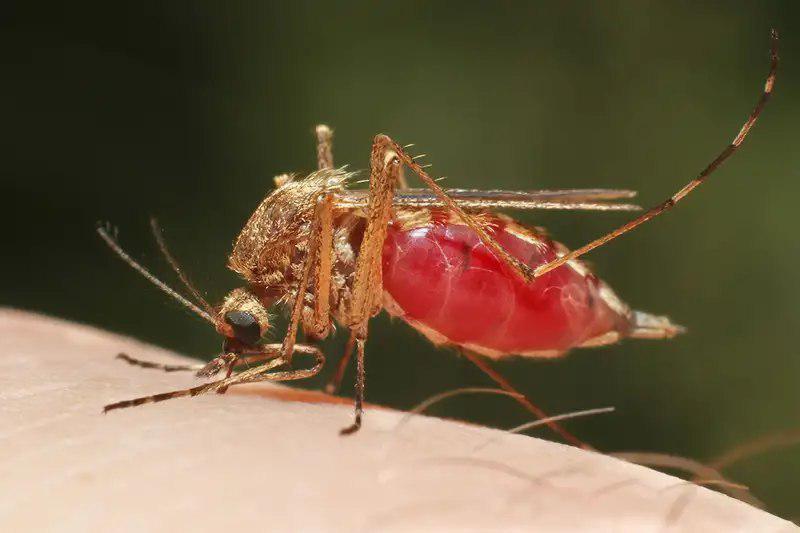SHARES

Malaria is probably the disease most commonly known. The Anopheles female mosquitoes (30-40 species of them) transmit the parasite Plasmodium from 5 different species to humans causing malaria. In 2017, there are an estimated 219 million malaria cases in 87 countries causing nearly half a million deaths, mostly in Africa.
Although malaria is a life-threatening disease, particularly among children, it is preventable and curable. However, it is hard to deal with because of developing resistance to drugs in parasites and insecticides in mosquitoes. Because of the resistance build up, there are concerns that by 2020, malaria will make a comeback.
Now the good news. Fortunately, ongoing scientific research is on the verge of 3 breakthroughs to win the war against this scourge:
1. WHO Rolls Out Landmark Vaccine in Pilot Project
Firstly a first vaccine (although offering only partial 40% protection and undergoing clinical trials) is ready for roll out to 360,000 Malawian children as part of a large scale pilot project. The vaccine is from a nonprofit global health organization PATH working with WHO and Melinda & Bill Gates Foundation.
“The malaria vaccine has the potential to save tens of thousands of children’s lives.” WHO Director-General Dr. Tedros Adhanom said.
2. How Mosquitoes sniff out your sweat
Secondly, a mosquito geneticist researcher had an incredible breakthrough. He discovered the main attraction from the host to mosquitoes is scent from lactic acid in human sweat as well as other cues like carbon dioxide from the breath, and body warmth. Mosquitoes use receptors on their antennae to scout for these cues. With this knowledge, further research is focused on blocking the receptors to disable the detection of the human host. This discovery would be a total game changer, a new step to winning the war against mosquitoes.
3. Boosting immune system to fight malaria
Thirdly, scientists from the Massachusetts Institute of Technology, Singapore-MIT Alliance for Research and Technology (Smart) and Nanyang Technological University (NTU) discovered a new pathway where a series of interactions among molecules in a cell and various compounds that could boost human natural killer (NK) cells to identify and attack red blood cells infected by malaria.

A natural killer (NK) cell binds to a malaria-infected red blood cell and destroys it. Credit: Weijian Ye
Dr. Ye Weijian, the lead author commented, “Our discovery is a good basis for future studies in immunotherapy and may hold the key to solving multi-drug-resistant diseases,”. Professor Peter Preisner of NTU added, “Moving forward, the possibility of applying the same concept to other infectious diseases is boundless. I suppose we can foresee the use of this immunotherapy against other infectious diseases such as dengue, TB (tuberculosis) or even cancer.”
With all the recent breakthroughs in malaria research, one can’t help being awed by the human endeavors in biological science research. What a time to be alive.
You can search, find, call, send enquiry or request for appointment with a GP/ Family Doctor on GetDoc:
Find a GP/Family Doctor in Malaysia, on GetDoc
Find a GP/Family Doctor in Singapore, on GetDoc
Reference:
https://edition.cnn.com/2019/04/23/health/malaria-africa-worlds-first-vaccine-intl/index.html
https://www.nytimes.com/2019/03/29/science/mosquitoes-sweat-receptors.html
https://www.straitstimes.com/singapore/health/boosting-immune-system-to-fight-malaria
https://www.cell.com/current-biology/fulltext/S0960-9822(19)30215-5
by Yashwini Ravindranath
Born & raised in Malaysia, Yashwini earned her M.D. studying in Moscow's Russian National Research Medical University. With an affiliation towards research, all things coffee and the startup ecosystem, she now contributes articles to GetDocSays View all articles by Yashwini Ravindranath.








